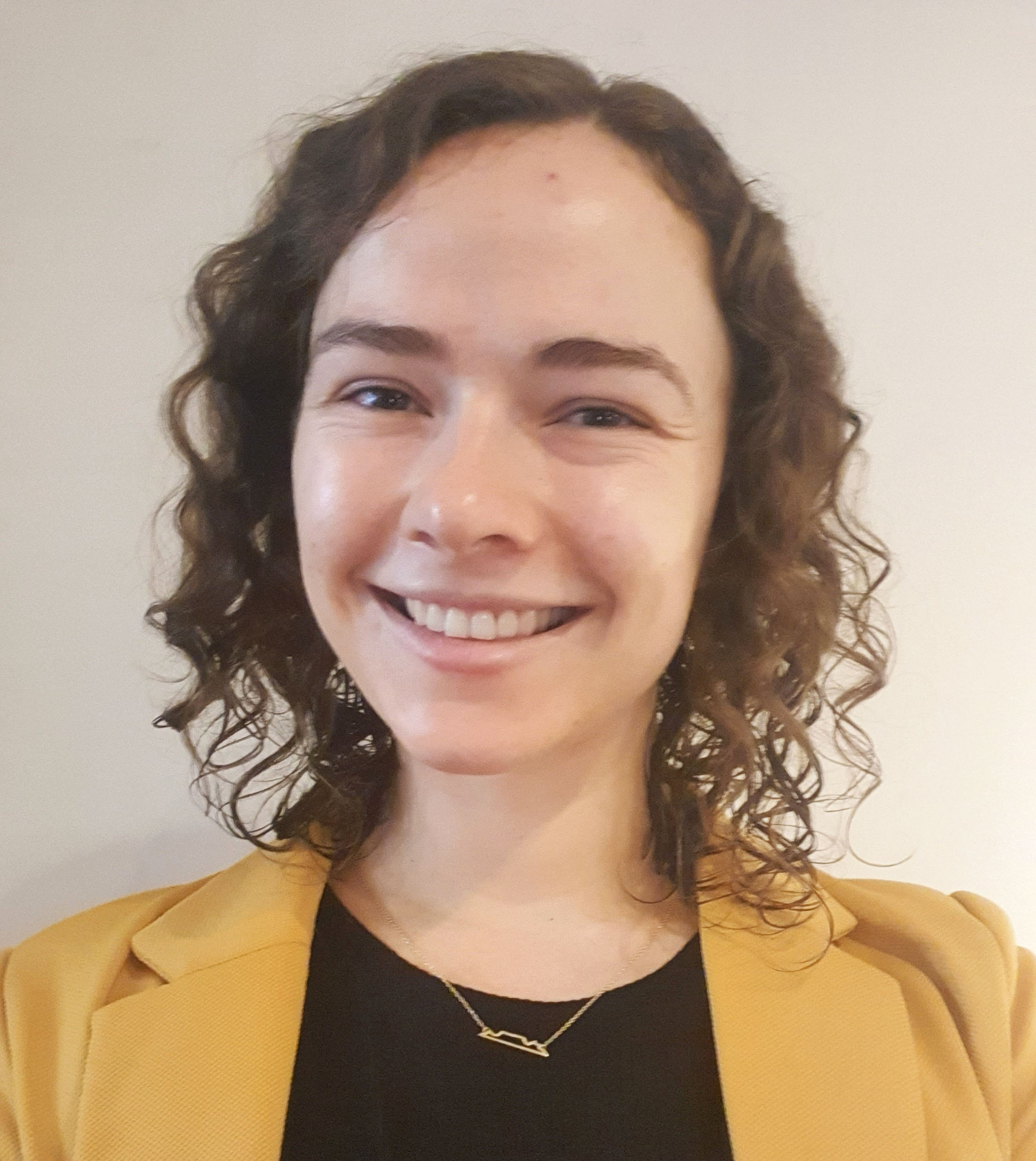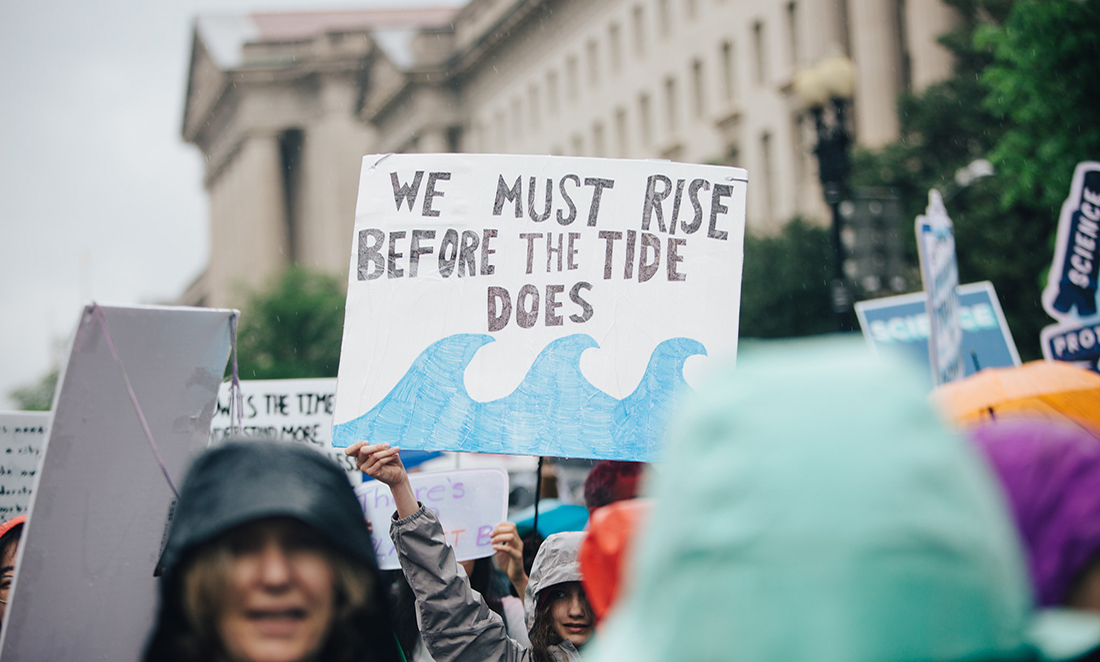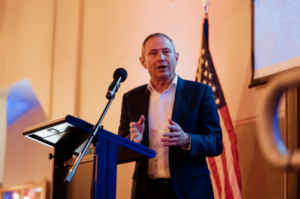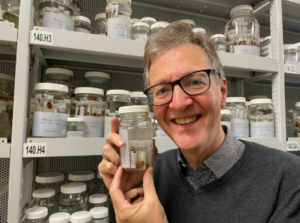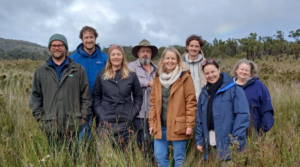Do you ever wish that your politicians would make decisions based on real facts?
Well, now is your chance to demand better.
At 1pm this coming Saturday (14 April), Perth residents will gather in the city at Murray Street Mall outside Commonwealth Bank to March for Science.
Everyone is encouraged to attend the march on Saturday, whether you are actively involved in science or even if you’re not sure that science is really for you.
“You don’t have to be a scientist to want our world’s leaders to make decisions by using facts and evidence, and that’s what we’re standing up for,” say representatives from the March for Science.
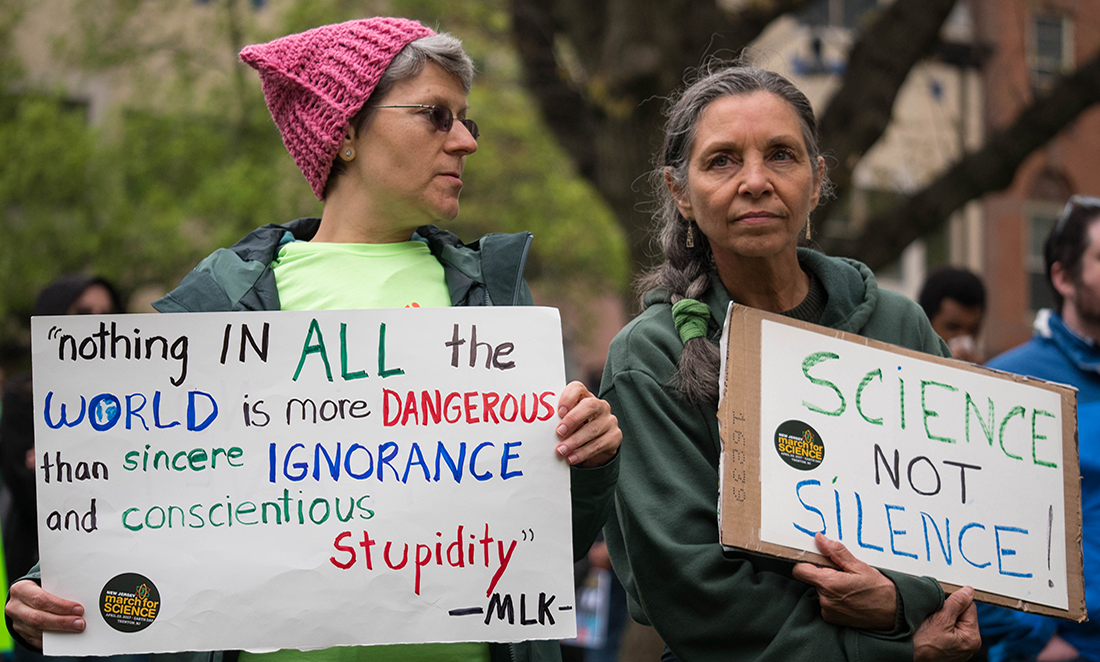
The march is also an opportunity for the public to see scientists for what they are—just regular people who care about our world and our future.
MARCH FOR OUR FUTURE
The March for Science advocates for an informed, educated society and encourages communication between researchers and the general public. The use of evidence to inform public policy is key in the march’s mission, and in turn, government must support sustainable investment in research to drive true innovation.
Marchers urge educators and parents to help our kids engage with our natural world and physical universe. They encourage scientists to share their experimental process and results, no matter their perceived importance. Policy makers are urged to listen to what scientists say and create effective policy that will solve our real-world problems, and the government is being called upon to develop a long-term, strategic approach to funding research and development in Australia.
“You don’t have to be a scientist to want our world’s leaders to make decisions by using facts and evidence, and that’s what we're standing up for.”
It’s necessary for all of these parties to listen in order for science to flourish in Australia in the future. To get the message across last year, West Aussie science heavyweights including Professor Lyn Beazley and Professor Carmen Lawrence spoke to inspire listeners.
This year, we will hear from distinguished scientists such as 2017 Premier’s Science Award Scientist of the Year Professor Christobel Saunders and Deputy Executive Director of ICRAR Professor Steven Tingay, as well as early-career researchers and non-scientists. All will share stories of the profound ways in which science has affected their lives.
“We want to send the message to scientists and science fans that it is OK to stand up for science,” says March for Science Perth coordinator Chaminda Ranasinghe.
“We’re talking about the future. We need younger scientists to come through, to hear their ideas. We have a responsibility and a right to drive the future.”

We also need to be preparing even younger individuals to engage with the world in a scientific manner. “We’d like to see more critical thinking taught to school children. There are lots of scams out there, and better critical thinking skills would help kids and adults alike make better choices in their lives.”
THE LONG HAUL
The march in Perth will not be an isolated event. In more than 400 cities around the world, people will take to the streets to advocate for science.
March for Science started as a thread on the website Reddit in 2017. From there, it spread to Washington DC, then spawned smaller marches in other cities around the world. While it caught the attention of millions around the world, it seems that, in Australia, the challenges to overcome have grown even greater since that time. “For example,” Chaminda says, “we no longer have a science minister in the nation’s cabinet. We’d love the federal government to change that.”
Though initial enthusiasm for the March from the public has been strong, Chaminda says that it might take some time before anything actually changes, but when things do change, the demand will come from the public. “We are just sparking a movement.”


